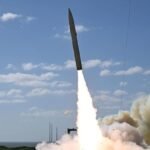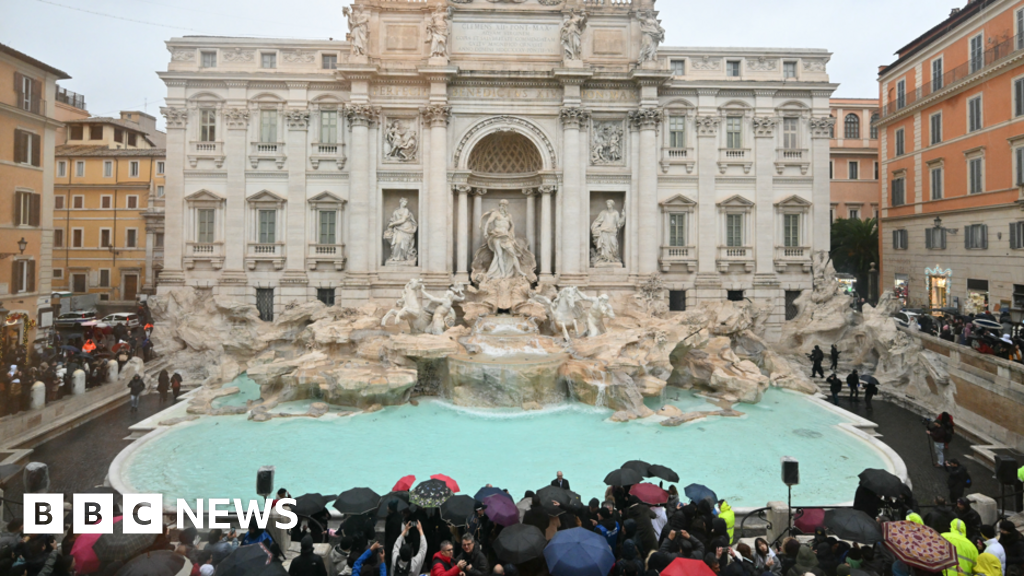CAIRO, Nov 29 (Reuters) – Israeli military strikes killed at least 30 Palestinians overnight in the Gaza Strip, most of them in the Nuseirat camp at the centre of the enclave, medics said on Friday after some tanks pulled back from an area they had raided.
Medics said they had recovered 19 bodies of Palestinians killed in the northern areas of Nuseirat, one of the enclave’s eight long-standing refugee camps.
Some tanks remained active in the western area of the camp and the Palestinian Civil Emergency Service said teams were unable to respond to distress calls from residents trapped inside their houses.
The rest were killed in the northern and southern areas of the Gaza Strip, medics added. There was no fresh statement by the Israeli military on Friday, but on Thursday it said its forces were continuing to “strike terror targets as part of the operational activity in the Gaza Strip”.
Meanwhile, the Israeli authorities released around 30 Palestinians whom it had detained during the ongoing offensive in Gaza in the past months. The released people arrived at a hospital in southern Gaza for medical checkups, medics said.
Freed Palestinians, detained during the war, have complained of ill-treatment and torture in Israeli detention after they were released. Israel denies torture.
Months of efforts to negotiate a ceasefire in Gaza have yielded scant progress, and negotiations are now on hold.
A ceasefire in the parallel conflict between Israel and Lebanon’s Hezbollah, an ally of Hamas, took effect before dawn on Wednesday, bringing a halt to hostilities that had escalated sharply in recent months and had overshadowed the Gaza conflict.
Israel’s campaign in Gaza has killed nearly 44,200 people and displaced nearly all the enclave’s population at least once, Gaza officials say. Vast swathes of the territory are in ruins.
The Hamas-led militants who attacked southern Israeli communities 13 months ago, triggering the war, killed some 1,200 people and captured more than 250 hostages, Israel has said.
Sign up here.
Reporting by Nidal al-Mughrabi
Editing by Gareth Jones
Our Standards: The Thomson Reuters Trust Principles., opens new tab
















